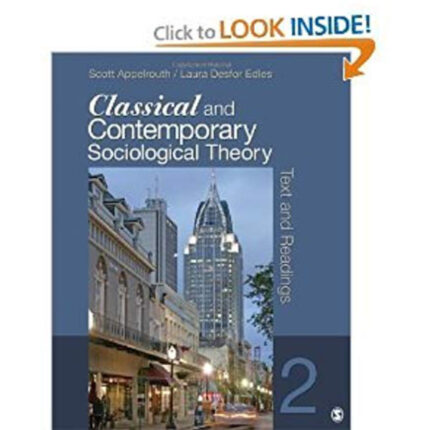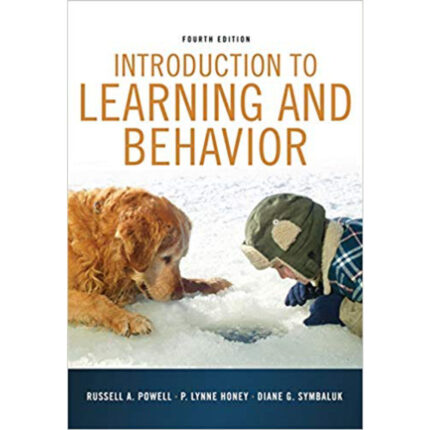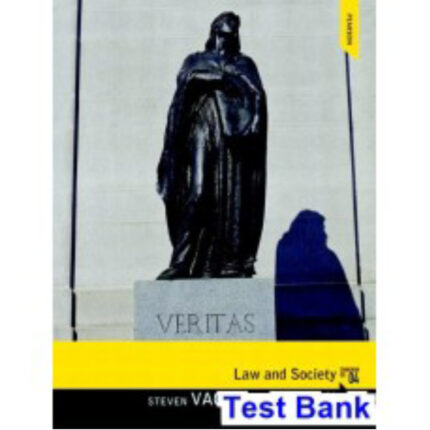Multiple Choice Questions
1. _____ was the primary therapist to apply behavior theory to family problems in the 1960s.
A. B.F. Skinner
B. Gerald Patterson
C. Joseph LoPiccolo
D. Neil Jacobson
2. A basic premise of behavioral family therapy is
A. all behavior is learned
B. underlying causes should be the target of change
C. all family members must be treated
D. the importance of insight in the change process
3. An approach that stresses the rewards and costs of relationships in family life according to a behavioral economy is called:
A. shaping
B. social learning theory
C. social exchange theory
D. schema
4. All of the following are behavioral treatment techniques except:
A. positive reinforcement
B. tracking
C. extinction
D. contingency contracts
5. In _____ people learn through rewards and punishments to respond behaviorally in certain ways.
A. classical conditioning
B. shaping
C. stress inoculation
D. operant conditioning
6. In _____, a neutral stimulus is paired up with another event to elicit certain emotions through association.
A. classical conditioning
B. shaping
C. stress inoculation
D. operant conditioning
7. A written schedule describing terms for trading or exchanging behaviors and reinforcers between two or more individuals is known as:
A. social exchange theory
B. quid pro quo
C. teasing technique
D. contingency contract
8. _____ spend more time discussing issues with family members than do _____.
A. behavior parent training therapists; functional family therapists
B. cognitive-behavioral therapists; behavioral therapists
C. behavioral therapists; cognitive-behavioral therapists
D. sex therapists; play therapists
9. _____ is an age appropriate type of time out for adolescents and preadolescents.
A. acceptance
B. shame attack
C. squeeze technique
D. job card grounding
10. Behavioral and cognitive-behavioral family therapy are focused on
A. the present
B. the past
C. the future
D. all of the above
Chapter 11: Behavioral and Cognitive-Behavioral Family Therapies
Answer Key
Multiple Choice
1. B. Gerald Patterson
2. A. all behavior is learned
3. C. social exchange theory
4. B. tracking
5. D. operant conditioning
6. A. classical conditioning
7. D. contingency contract
8. B. cognitive-behavioral therapists; behavioral therapists
9. D. job card grounding
10. A. the present












Reviews
There are no reviews yet.